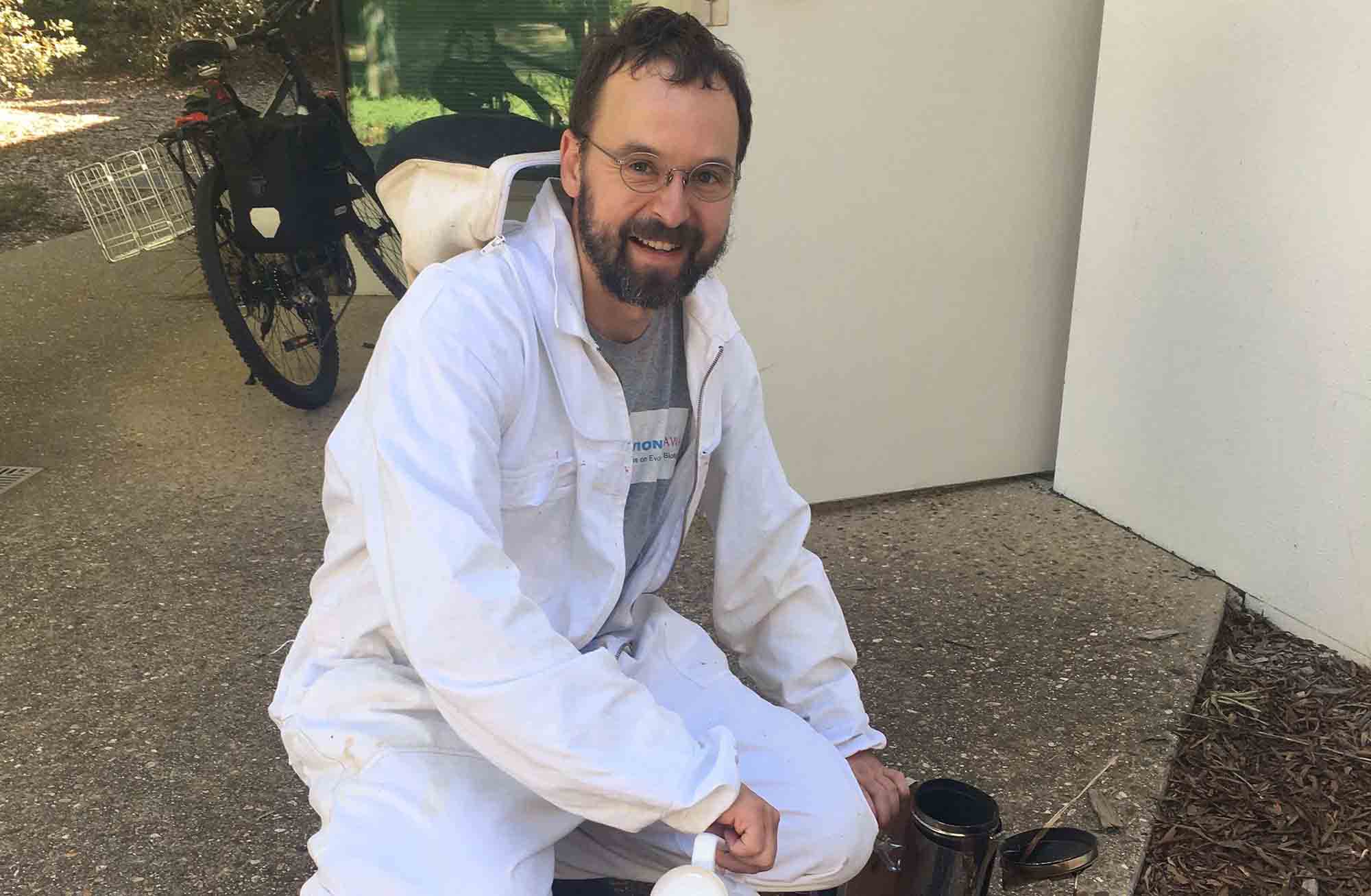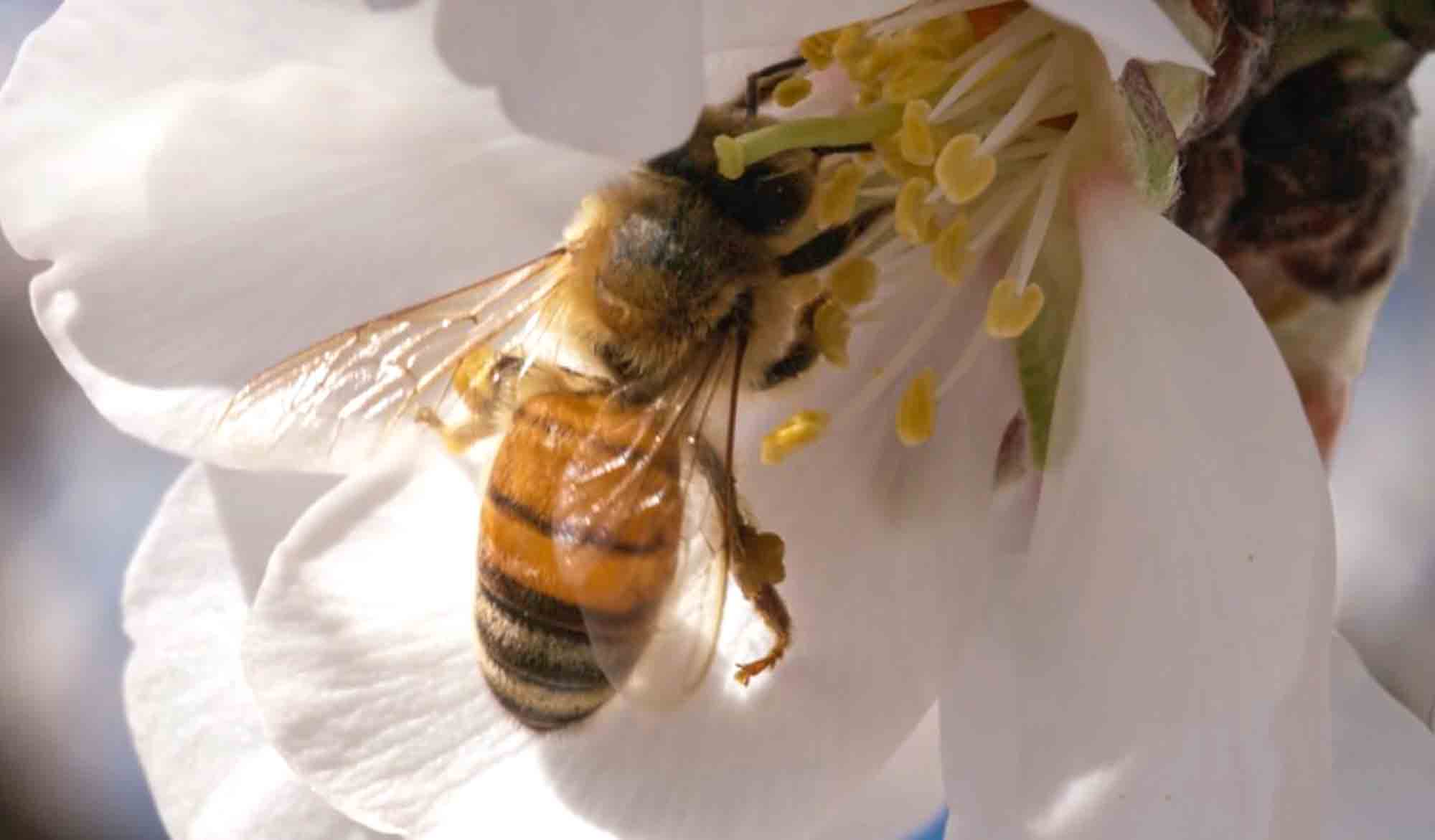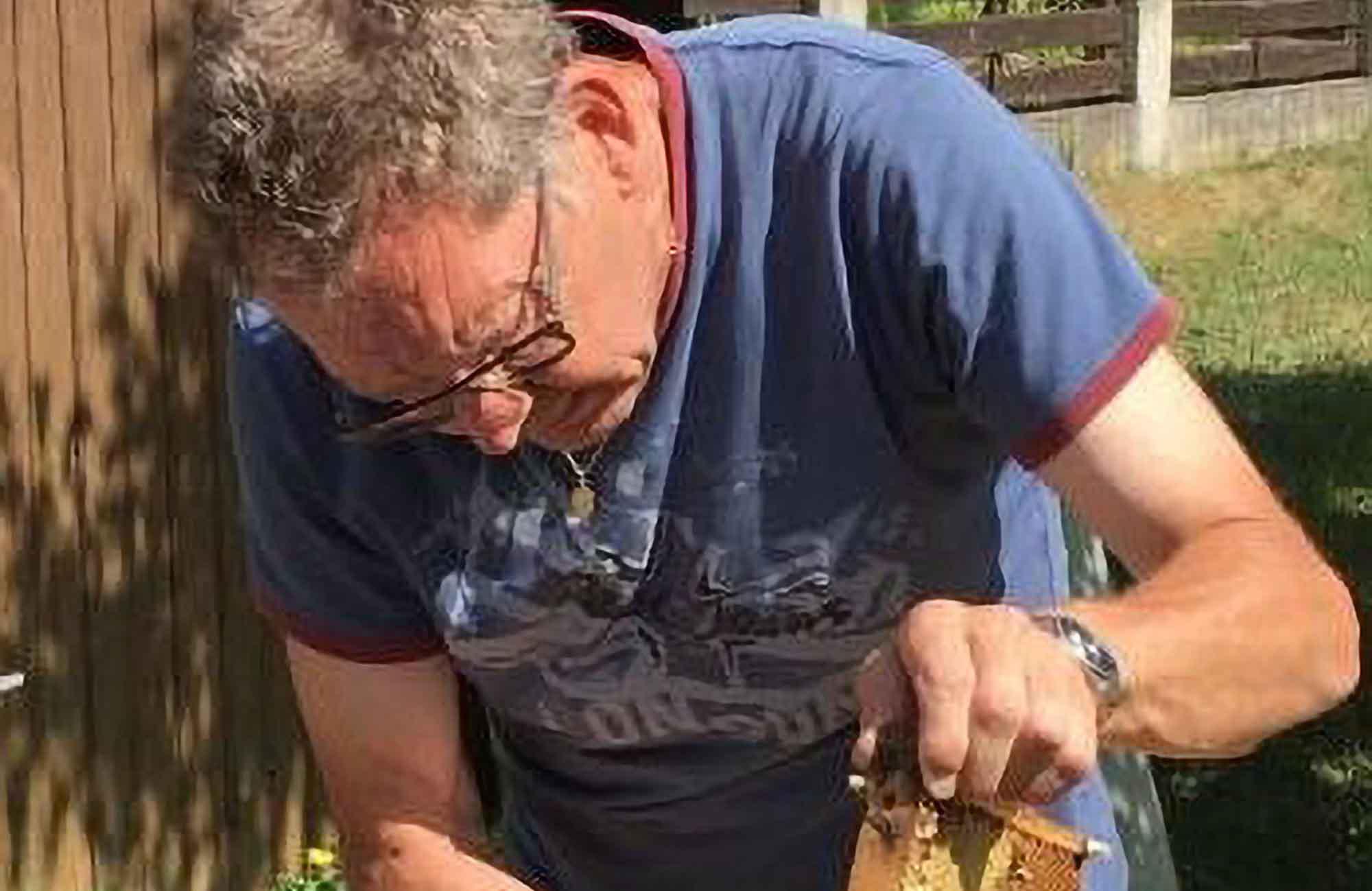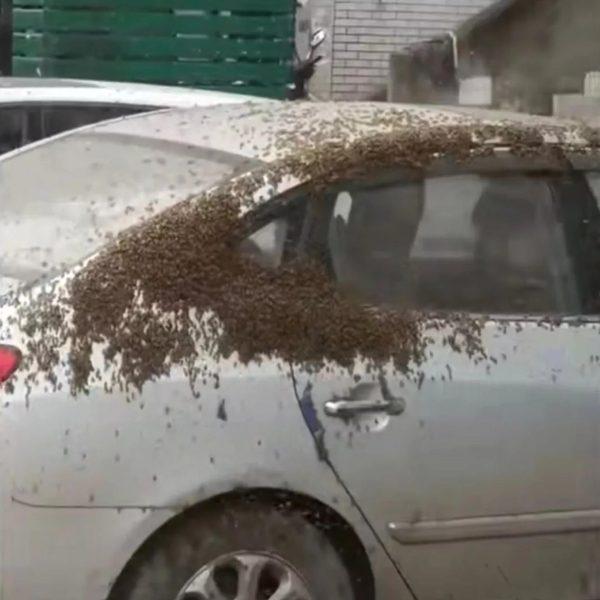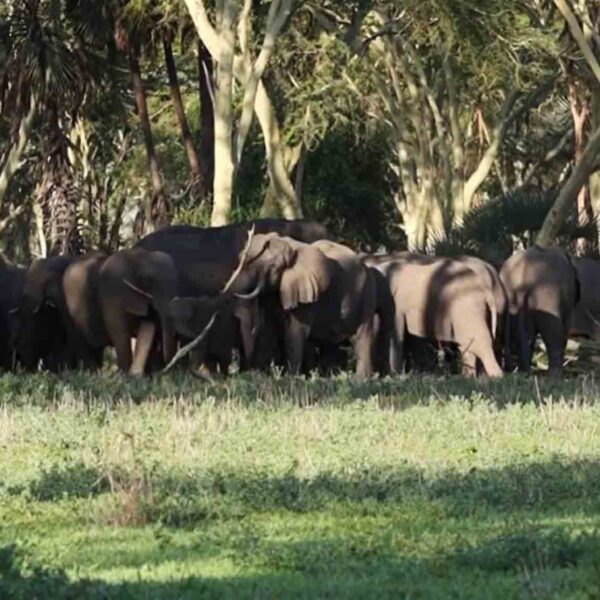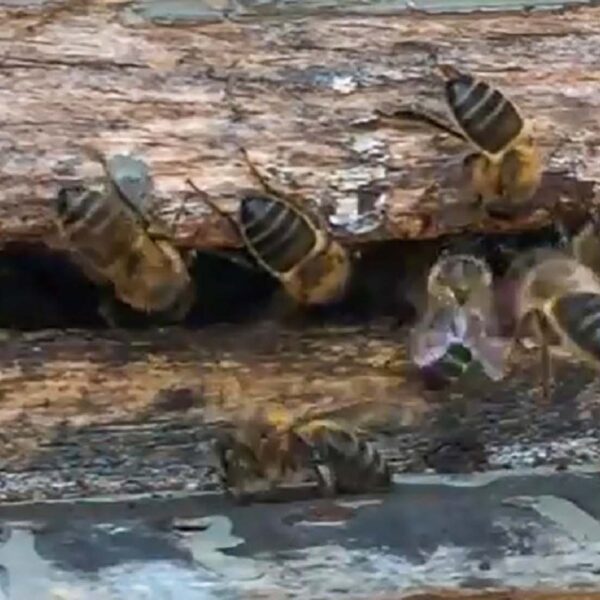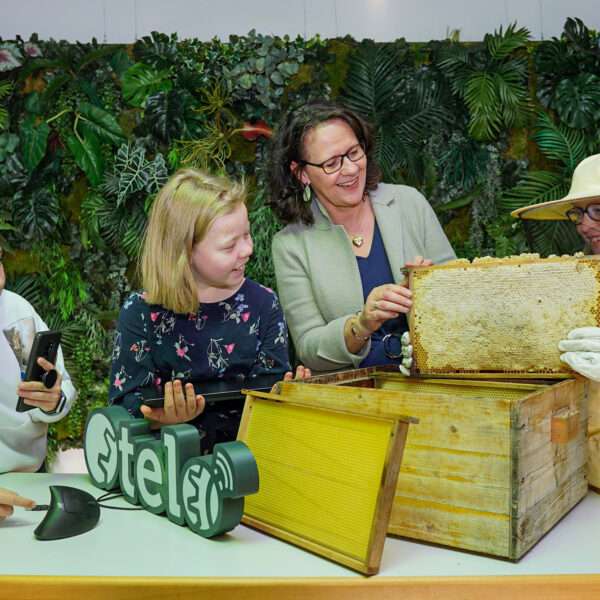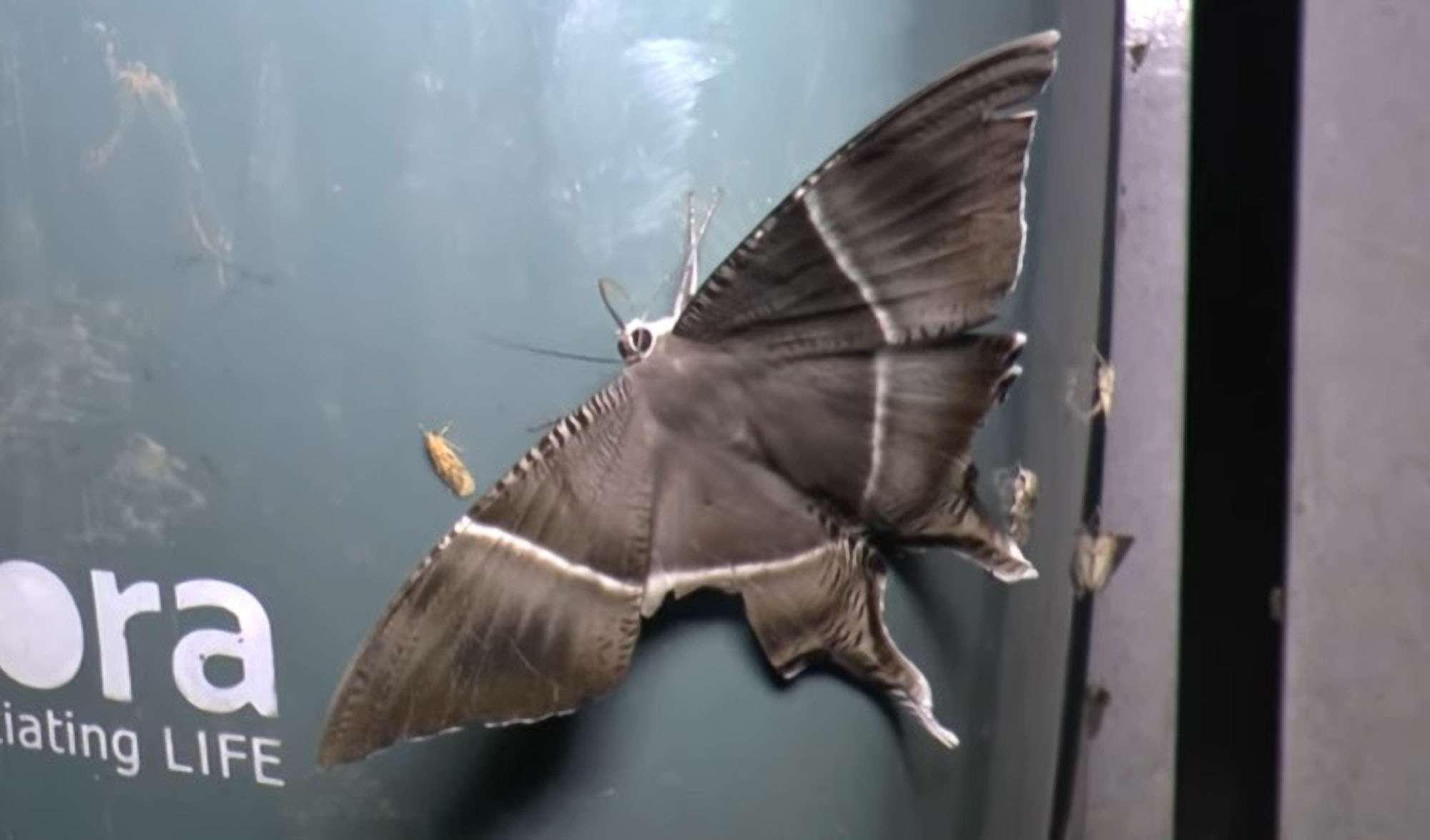Apiarists and authorities should turn to undomesticated bees when it comes to finding ways to fight the Varroa mite, an esteemed biologist has suggested.
Prof Sasha Mikheyev from Canberra’s Australian National University (ANU) said solitary bees had managed to develop a natural resistance in different countries where the dangerous pathogen had spread.
The evolutionary biologist’s statement comes as Australia made a controversial U-turn in its anti-Varroa strategy from the enforced euthanisation of honeybees to more vigilance and checks.
Prof Mikheyev told broadcaster ABC: “We are at the flattening of the Varroa curve and we have to get going to be prepared.”
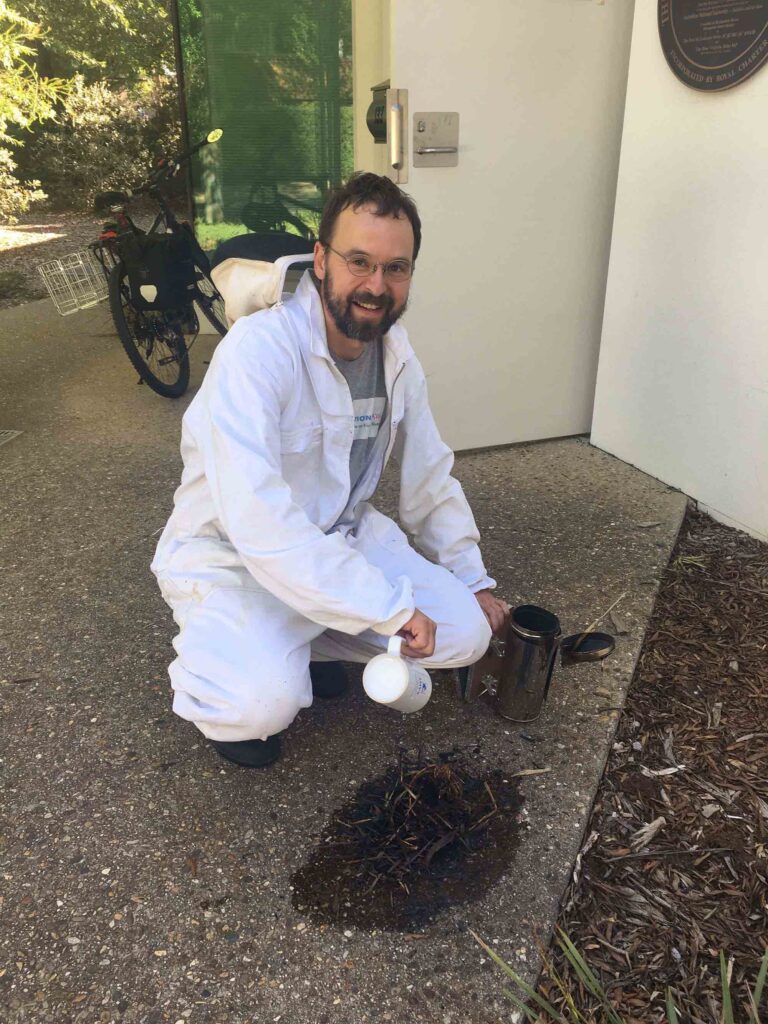
The renowned expert on host-parasite interactions emphasised: “We have a chance to get a lot of information about our feral bees pre-Varroa to understand how they change in response to Varroa.
“We can actually take advantage of that natural experiment, which will take place out in the bush, and try to use that as a longer-term solution.”
Around 30,000 infected hives were destroyed since the strict anti-Varroa policy, which was recently abandoned, came into effect in 2022.
There are around 30,000 registered beekeepers in Australia, a country with a prospering production of avocados, berries and nuts. These crops depend on being pollinated by insects.
While honeybees may be the best-known bee species, there are between 20,000 and 30,000 species in the world.
Australia is home to more than 1,600 different types of bees, according to entomologists at Flinders University in Adelaide.
Varroa infestations are an enormous threat to domesticated honeybees. Scientific investigations have shown that the parasite cannot directly attack Australia’s native bee species. The country’s feral honeybee colonies, which settled in the bush after having been imported, also appear to be resilient to Varroa.
Dutch company Arista Bee Research warns: “Untreated colonies often collapse within two years from the consequences of the fast-growing Varroa population.”
The European Commission has called Varroa “the most impacting pathogen threat for honeybees and the beekeeping industry worldwide.”
A group of beekeepers in Germany recently announced plans to protect their colonies from infestations by concentrating on breeding resilient bees.

